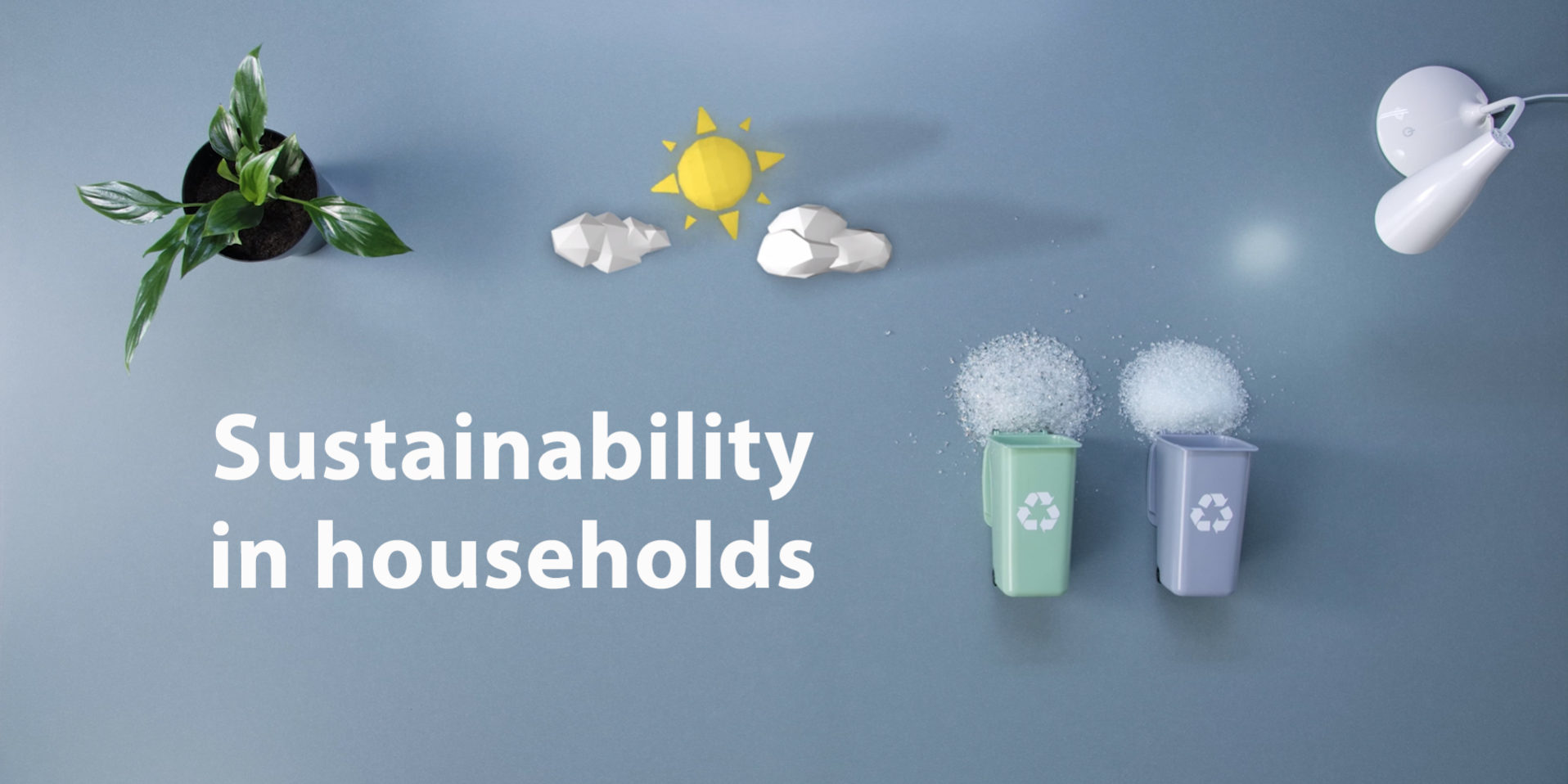On the occasion of World Environment Day, June 5, it is a good time to refresh and update concepts about this approach.
Eighty per cent of Spaniards are aware of the importance of sustainability, while only 10% of households meet all sustainability criteria. four out of ten households surveyed have made renovations to their home in the last five years. The main motivations were to have a more functional space (43%) and to improve the appearance of the space (42%). While only 3 out of 10 (27%) claim to have renovated their home to achieve a more energy efficient home, only 3 out of 10 (27%) claim to have renovated their home to make it more energy efficient. –Study ‘Home and sustainability: reality or desire’ (developed by the insurer Mutua de Propietarios and Leroy Merlin).
The Silestone Institute’s Global Kitchen Study (2017-2019) also provides interesting data:
- 35.4% of those surveyed correctly separate waste.
- 21.6% use less plastic.
- 16% reuse more than a few years ago.
- 14.2% have reduced energy consumption.
- 12.7% have reduced water consumption.
It is therefore a question of thinking not only about renovations that make homes more sustainable but also that, in the construction of new buildings, more ecological methods are used that take into account the reuse and recycling of materials at the end of their useful life, as well as taking into account the importance of good thermal insulation.
No less important, as the Global Kitchen Study indicates, is the need to be more sustainable in our daily actions and choices in our homes.
How can we help take care of the environment in our daily habits?
1. Save electricity
- Use photovoltaic panels
- Unplug appliances when they are not in use.
- Use eco-friendly washing programs.
- Take advantage of sunlight and/or use solar panels.
- For artificial lighting, use energy-saving light bulbs.
- Install power strips with switches to control spending.
2. Consume less water
- Turn off the tap when not in use.
- Use shower bags to collect water and reuse it for other purposes.
- Incorporate an aerator to your tap, which allows you to reduce consumption.
- Run the dishwasher when it is full and avoid wasting water.
- Check that the appliances do not have any type of water leakage.
- Install thermostatic taps in the shower.
3. Sustainable decoration
- Choose reusable and washable snack holders or snack bags.
- Use cloth napkins instead of paper napkins to save resources and water.
- Avoid plastic containers.
- Opt for handmade and ecological soaps.
- Decorate homes with paints, textiles and natural fibers.
